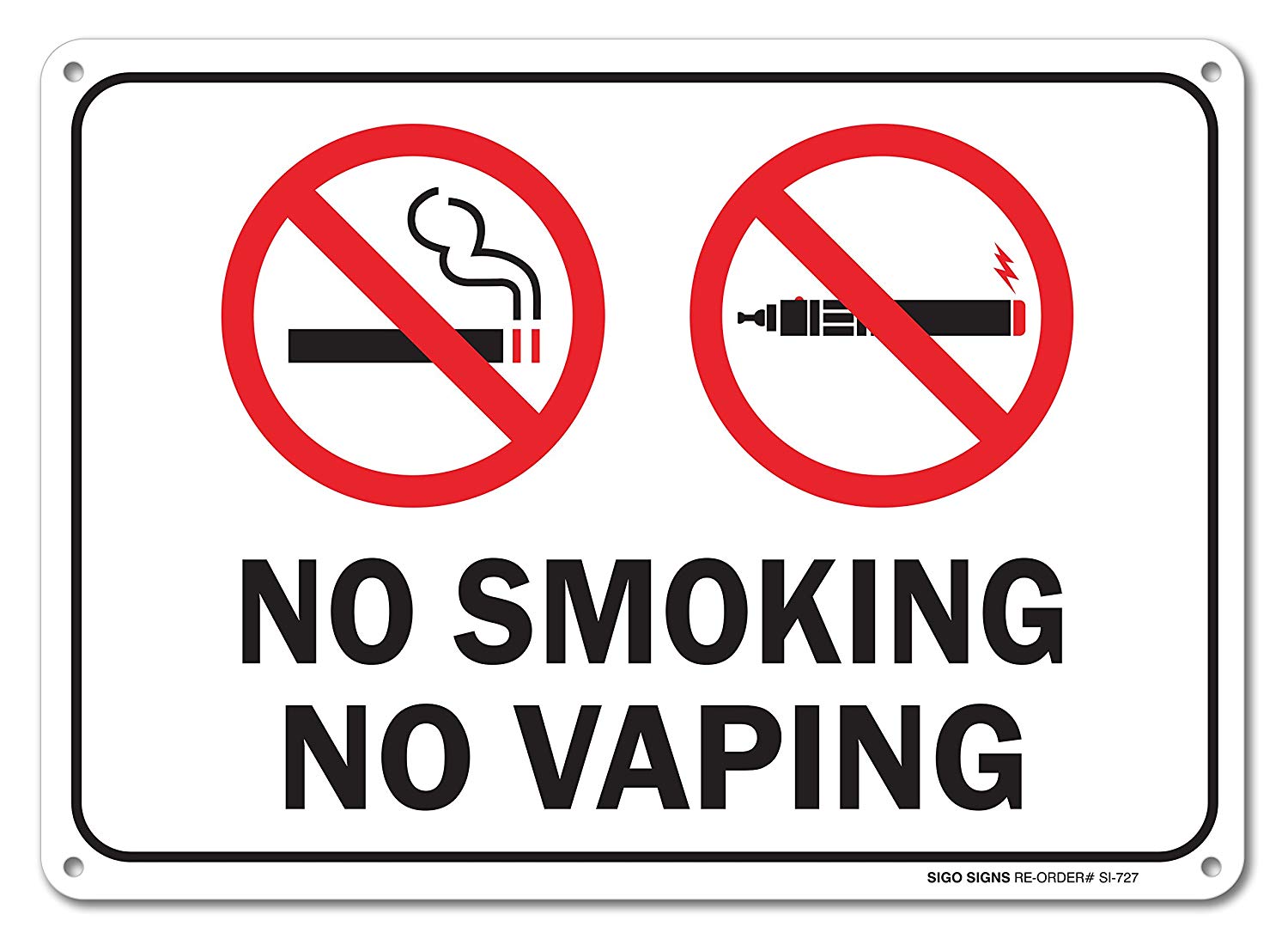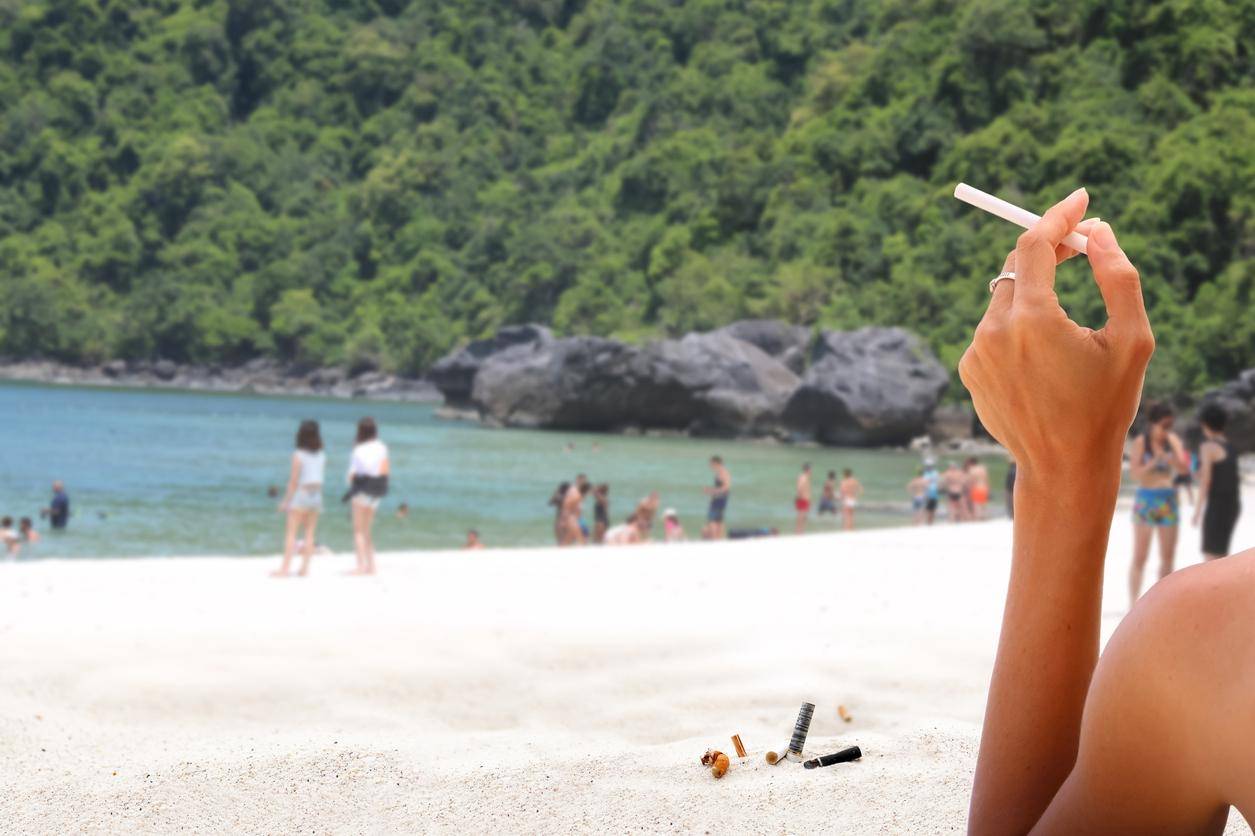![]()
Attempts to penalise smokers are proving difficult to enforce
I read a piece the other day on Thai Visa in which an official conceded that it would be difficult to try to impose some of the measures available to him to help curb smoking on Pattaya’s beaches. Draconian measures include a fine of up to Bt100,000 or a jail term.
Visa was reporting that Sophon Cable had interviewed Jeerawat Sukhonthasap, the head of Pattaya’s thesakit authority. The official said his hands were tied in dealing with the smoking problem though it was unclear who, or what, was holding him back.
I used the word “draconian” to described the measures, not the official. But I don’t think I used the word unadvisedly.
Never let it be said that I am in favour of smoking. I’m not.
But, by the same token, I’m not an advocate of heavy-handed punishments. I’m sure a balanced approach could be found, but a fine of Bt100,000 isn’t it. And a jail term certainly isn’t.

As I say, I don’t much care for smoking, but if people choose to indulge in the practice knowing the health implications, well, it’s their (unwise) choice. I’ve spent the best part of the past 50 years slowly pickling myself with alcohol and wouldn’t react well to being told I can’t carry on doing so.
Of course, this “it’s their funeral” approach is way too simplistic in regard to cigarette smoking. There is the financial strain it puts on healthcare provision. There is the unsightliness of seeing lots of cigarette butts in one place. There is the plain unpleasantness of being in a smoke-filled room.
Once in Manila’s airport I tried to get a drink (yes, alcohol) in a lounge where smoking was also permitted. I was like walking into a fog – and a not nice smelling one at that.
But smoking in a small room is quite different from doing so in the open air on the beach, I concede.
Although I would certainly encourage people to give up smoking I subscribe to the “if one thing doesn’t get you, another will” way of thinking. For example, a good Pattaya-based friend of mine managed to quit smoking overnight after his son pointed out that he (the son) had become a passive smoker.
Fair play to my friend for kicking the habit straight away. However, his waistline seems to have increased more than a tad as a result. Snacking has replaced lighting up. So, it seems that, potentially, one set of health concerns has replaced another. You can’t win.
The Thai authorities don’t like their citizens smoking. But, akin to many countries around the world, they find it difficult to fully enforce a ban.
All sorts of horrendous photos are printed on the packs. Health warnings are everywhere. But they always fall short of simply outlawing it.
The inescapable fact is that people who smoke are contributing money to the Thai economy every time they light up. Last September the excise tax on cigarettes increased by between Bt2-15 per pack.

It’s difficult to find up-to-date figures on just how much tax on cigarettes contributes to Thailand’s coffers but I think it’s safe to assume that it’s a sizeable amount. If that tax were no longer levied (as a result of cigarettes sales being banned) that money would have to be found from somewhere.
And yet, the cost of a packet of cigarettes in Thailand remains low – certainly in relation to western countries. A pack of 20 western-branded ciggies in Thailand costs about Bt90 my research tells me. If this figure sounds way out to you, apply your own.
In the UK the same 20 will cost about £11 (approx Bt470), a little more than five times as much. There is a theory that increasing the cost of cigarettes deters people from smoking but, if the UK is anything to go by, price is not the deciding factor. But health is!
In the UK the number of smokers has declined dramatically in recent years – down by two-thirds compared with 50 years ago. Now around 15 percent of UK adults smoke. The latest figures I could find for Thailand put the figure at a little more than 40 percent, but that figure was for 2015, it should be pointed out.
Nevertheless, you don’t need a degree in maths to work out that it’s a big difference. In the UK many (more than two million) ex-smokers have turned to “vaping” in a bid to replace the nicotine habit.
Vaping is outlawed in Thailand though many – especially tourists – seem to find a way.

In the UK, vaping seems to be all the rage. Entire shops are devoted to selling consumers the liquid and paraphernalia required for indulging in this tobacco “substitute”. Online it is possible to buy from more than 5,000 liquids. I found flavours such as pina colada, bubblegum, the Elvis (bananas, bacon and peanut butter) and crab legs. Lord knows what is around the corner flavour-wise.
One of the downsides, for me, of vaping is the clouds of smoke that are easily produced – much more than from tobacco in my perception. The other day I accidently walked straight into a plume of smoke emanating from this chap’s mouth. I did consider replacing the smoke with my fist. It was that unpleasant, but he was bigger than me.
Medical opinion on the health benefits of switching to vaping are divided. No surprise there.
In the UK, the Royal College of Physicians medical body has issued a report strongly promoting the use of e-cigarettes as a healthier alternative to smoking.
In Thailand, The Action on Smoking and Health Foundation (ASH Thailand) has insisted that electronic cigarettes or e-cigarettes are harmful to health. The Department of Disease Control has backed them up.
Believe which one you choose. Should medical opinion change in Thailand I would expect sales of vapes to take off big time – entrepreneurs take note.
By Dave Buckley












